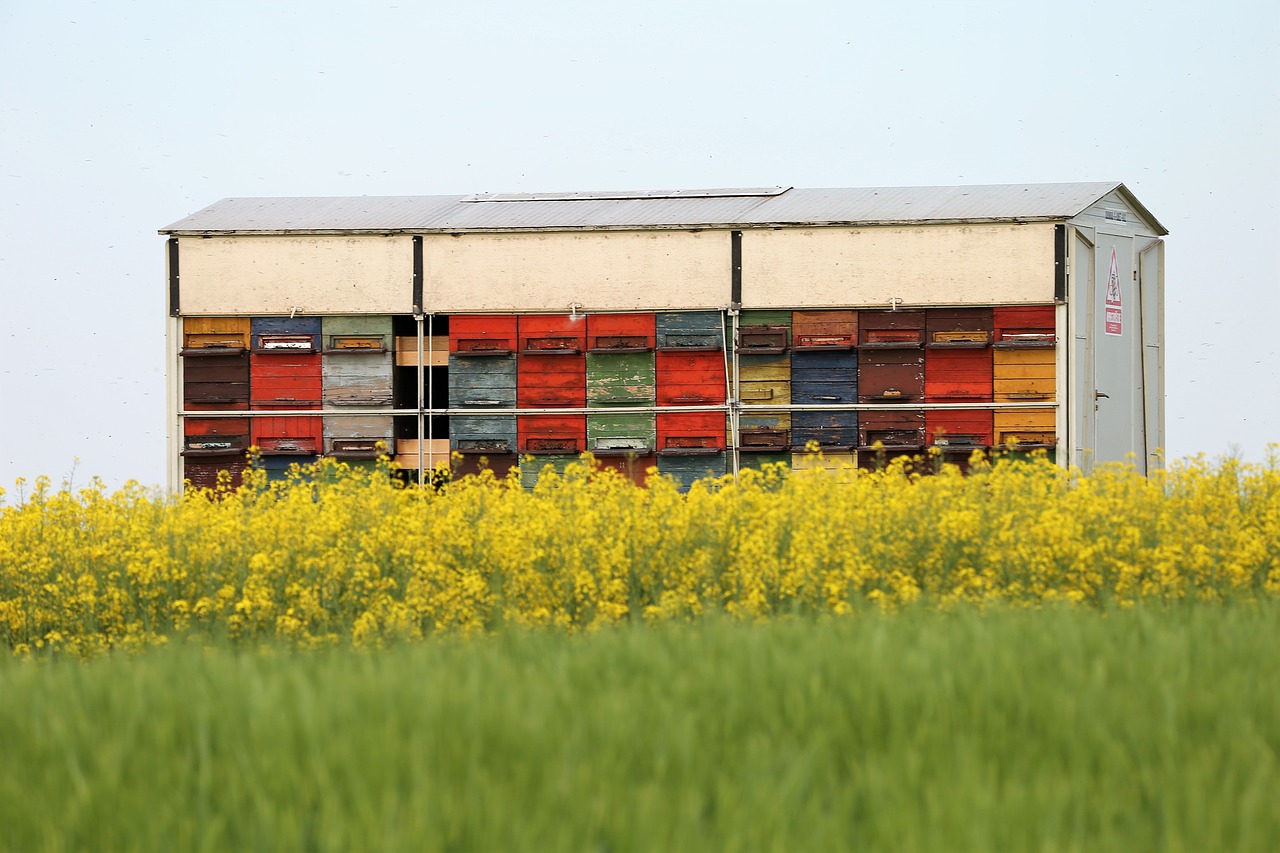Spotlight on sustainable transportation practices in fruit pulp and puree supply chains: Sky247 login, Gold365 betting, Gold365
sky247 login, gold365 betting, gold365: We live in a world where sustainability is becoming increasingly important, especially in the food industry. As consumers become more aware of the impact their choices have on the environment, companies are under pressure to adopt sustainable practices. This is especially true in the fruit pulp and puree supply chains, where transportation plays a crucial role in ensuring that products reach consumers in a timely and efficient manner.
In this article, we will shine a spotlight on some of the sustainable transportation practices that can be implemented in fruit pulp and puree supply chains. From reducing emissions to minimizing waste, there are many ways in which companies can make their transportation processes more eco-friendly. Let’s dive in and explore some of these practices in more detail.
1. Efficient Route Planning
One of the most effective ways to reduce the carbon footprint of transportation in fruit pulp and puree supply chains is through efficient route planning. By optimizing delivery routes, companies can minimize fuel consumption and emissions, ultimately reducing their impact on the environment.
2. Use of Alternative Fuels
Another sustainable transportation practice is the use of alternative fuels, such as biofuels or electric vehicles. These cleaner fuel sources can help reduce greenhouse gas emissions and lower the environmental impact of transportation in the supply chain.
3. Collaboration with Suppliers
Collaborating with suppliers to consolidate shipments and reduce the number of trucks on the road is another way to make transportation more sustainable. By working together, companies can optimize logistics processes and reduce the overall carbon footprint of the supply chain.
4. Packaging Optimization
Packaging plays a significant role in transportation sustainability. By optimizing packaging to reduce waste and improve space utilization, companies can lower transportation costs and minimize their environmental impact.
5. Investment in Green Technologies
Investing in green technologies, such as hybrid trucks or solar-powered vehicles, can also help make transportation in fruit pulp and puree supply chains more sustainable. These technologies can reduce emissions and energy consumption, contributing to a greener supply chain overall.
6. Education and Training
Educating employees about the importance of sustainability and providing training on eco-friendly transportation practices is key to implementing lasting change in the supply chain. By fostering a culture of sustainability, companies can ensure that sustainable practices are upheld at every stage of the transportation process.
In conclusion, sustainable transportation practices play a crucial role in ensuring the environmental sustainability of fruit pulp and puree supply chains. By implementing efficient route planning, using alternative fuels, collaborating with suppliers, optimizing packaging, investing in green technologies, and providing education and training, companies can reduce their carbon footprint and make a positive impact on the environment. It is essential for companies in the food industry to prioritize sustainability in their transportation processes to meet the growing demand for eco-friendly products from consumers.
FAQs:
1. What are the benefits of implementing sustainable transportation practices in fruit pulp and puree supply chains?
Implementing sustainable transportation practices can help companies reduce their carbon footprint, lower transportation costs, and minimize their impact on the environment.
2. How can companies measure the effectiveness of their sustainable transportation practices?
Companies can measure the effectiveness of their sustainable transportation practices by monitoring key performance indicators such as fuel consumption, emissions, and transportation costs.
3. Are there any regulations or certifications that companies need to adhere to when implementing sustainable transportation practices?
Depending on the region, there may be regulations or certifications that companies need to adhere to when implementing sustainable transportation practices. It is essential for companies to stay informed about relevant laws and standards in their area.
4. What are some challenges companies may face when trying to implement sustainable transportation practices in fruit pulp and puree supply chains?
Some challenges companies may face when trying to implement sustainable transportation practices include high initial costs, limited availability of alternative fuels, and the need for buy-in from stakeholders throughout the supply chain. Despite these challenges, the long-term benefits of sustainability make it a worthwhile endeavor for companies in the food industry.







